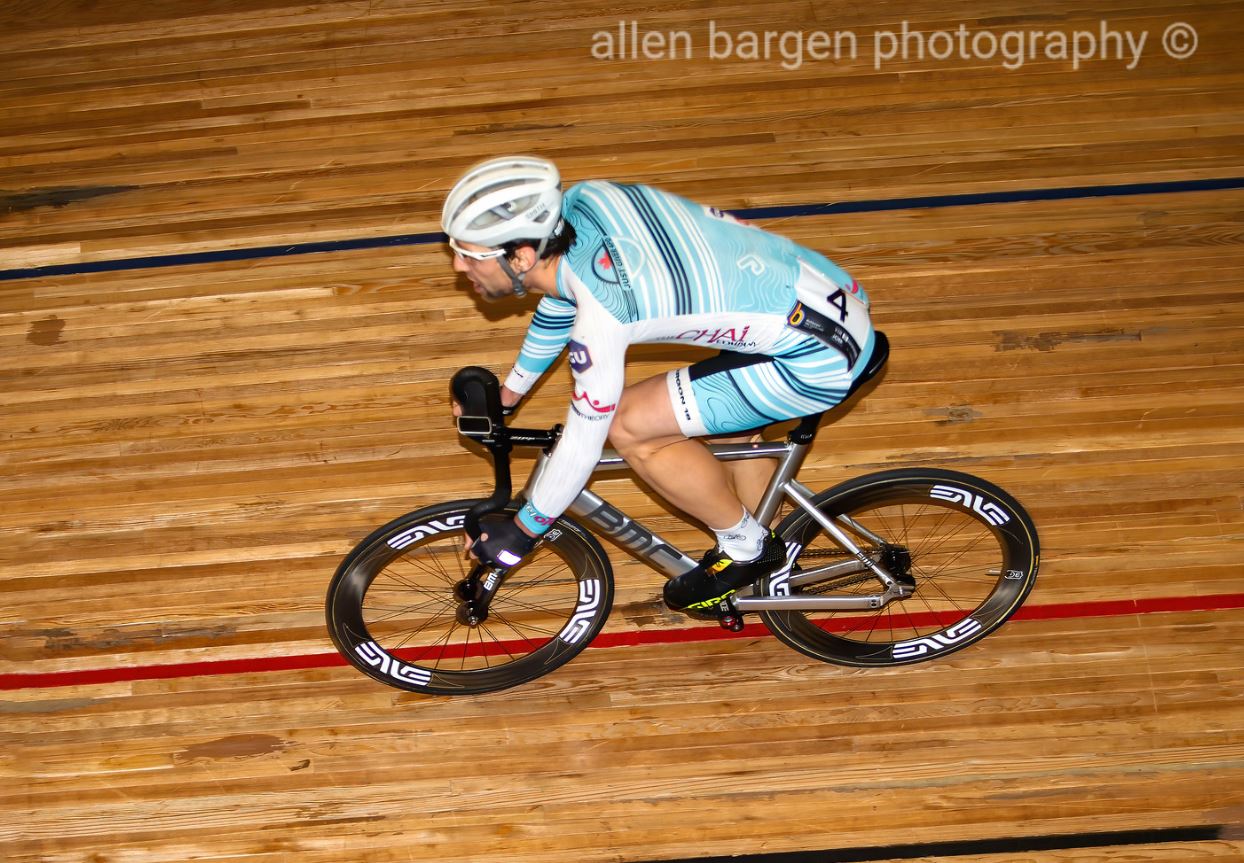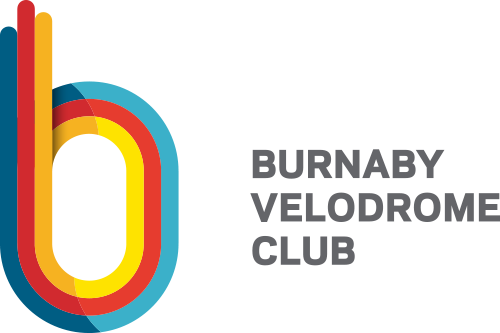Sports Science: Caffeine & Track Cycling Performance
If you’re a cyclist, no doubt you’ve heard about supplements. Most are legal, some are not. Some work, most don’t. In a previous post, we looked at the effects of sodium bicarbonate, a buffer that “supplements” your body’s current buffering system. In that blog I mentioned another supplement worth considering, one you may even take every day: caffeine.
Caffeine comes from plants (i.e. tea leaves) or is synthetically made. It has been used by humans for thousands of years. It stimulates your central nervous system (i.e. brain) with the most common side effects being increased awareness and improved mental and physical performance. Yes, you read that right, improved physical performance.
Before we get into more details let’s look at how the Cambridge online dictionary defines a supplement.
Supplement (noun): something that is added to something else in order to improve it or complete it; something extra
In essence, if you choose to take a supplement, it’s to “supplement” the basics. Before handing over your dollars ask yourself three questions:
- Am I training consistently and specifically for my goal(s)?
- Am I eating well and sleeping an appropriate amount?
- Is my equipment relatively good?
I’m not saying you should not use a supplement but rather that you cannot expect miracles if there is still considerable work to be done in the fundamentals.
How does caffeine work
Looking at it from a physical performance approach, caffeine stimulates your central nervous system. It also increases calcium in your muscle (calcium is needed for contractions) and has positive metabolic and fuel-saving properties. Considerable more details on the mechanisms are in this review [1].
Now let’s look at sprinting and endurance-specific cases. Before we get started, it’s not possible to summarize the entire caffeine literature in one blog post. So, see this more as a track cycling specific snapshot rather than a comprehensive review.
Caffeine for track sprinters
An interesting trial examined the effects of caffeine (5 mg/kg), sprint duration (10 vs 30 sec) and various torque factors (0.4 to 1.25 N/m/kg) on sprint performance [2]. Varying torque factors mean they tested out different gear sizes. This is important because sprinters usually ride big gears for maximal speed, but getting that big gear “going” requires lots of torque.
Performance was defined as the greatest peak power achieved. Findings showed that when the ideal duration (10 seconds) was combined with the ideal torque (~1.19 N/m/kg), caffeine supplementation provided an extra boost. Limitations worth considering are that the participants were all males and although the peak watts were good (~1500) I would not consider those values national/international level. Nonetheless, this study is a great example showing that when everything is optimized (in this case torque factor and sprint duration) a supplement can be useful.
Caffeine for track endurance riders
In terms of endurance performance, there are heaps of studies showing benefits when doing a 40km time trial type effort. Instead of focusing on these, I tried to find something more representative of a race. In this study, sports scientists were interested in the effects of drinking flat cola on performance [3].
To determine this, cyclists consumed either a placebo cola (decaf and diet), a diet cola, or a regular cola. The exercise challenge was 45 minutes at 70% of your maximum power immediately followed by four hard 1-minute efforts. In essence, simulating getting in a move late in a race or attacking. Findings showed that during the long 45-minute effort the perceived effort was lower in both the diet and regular cola group, but not the placebo. Caffeine made it feel less hard. Now for the four 1-minute attacks, it gets interesting. All three groups had similar peak power but the average power over the 1 min was greater in both the diet and regular cola group. Of interest, low-dose caffeine was used in this study (~2mg/kg). Limitation wise, all participants were males, and although their race simulation was better than a steady 40km TT, it was not fully reflective of a bunch race.
Habituation, how much to take, and responders?
If you regularly drink coffee or tea your body is already used to the effects of caffeine, but you can still benefit. Most studies dose in the 3-6mg/kg [1], however, there is evidence that low doses (<3mg/kg) also work [4]. Therefore, if you weigh 70 kg and decide on 3mg, you may want to try ~200mg in the 45-60min before your event. If you don’t normally consume caffeine, start with a dose on the lower side and see how you feel. If it was too much cut back, if you did not feel it, increase the dosage a little.
Caffeine in tea/coffee varies depending on the preparation method, amount of beans used, steeping time, etc. Therefore, it is a bit harder to guess the dosage. While I’m not a fan of canned energy drinks, you know how much you’re getting (but there may be other ingredients). My solution is to use caffeine pills as you know the dosage, and you’re strictly consuming caffeine nothing else*.
There is also some variability between people. For example, caffeine might be helpful to you but not to your pal. Research is underway to look at the genetics of responders/non-responders.
*If you are serious about your competition and drug testing know that supplement contamination happens and has ruined careers.
A note of caution
You can overdo it with caffeine and in some cases get really sick. As caffeine is a stimulant remember that by taking a dose for an evening race, you’re setting yourself up for a poor night’s sleep. This is a trade-off worth thinking about.
I also advise against its use for youth. Finally, use common sense and if you’re unsure talk with an exercise physiologist or registered dietitian with a background in sports nutrition.

Normand Richard
MSc, CSEP-CEP, ACSM-CET.
Richard Physiological Services
Physiologist & Occupational Fitness Consultant
PhD Candidate at Simon Fraser University
Normand has been involved in physiology for more than 10 years. He has research, clinical, occupational, and performance experience, and a professional consulting firm (richardphysiology.com). Outside of work he enjoys track racing for its community, simplicity, and challenge.
References
1. Guest NS, VanDusseldorp TA, Nelson MT, Grgic J, Schoenfeld BJ, Jenkins NDM, et al. International society of sports nutrition position stand: caffeine and exercise performance. Journal of the International Society of Sports Nutrition. 2021 Jan 2;18(1):1.
2. Glaister M, Towey C, Jeffries O, Muniz-Pumares D, Foley P, McInnes G. Caffeine and Sprint Cycling Performance: Effects of Torque Factor and Sprint Duration. International Journal of Sports Physiology and Performance. 2019 Apr 1;14(4):426–31.
3. Fowles JR, O’Brien MW, Comeau KG, Thurston B, Petrie HJ. Flattened cola improves high-intensity interval performance in competitive cyclists. Eur J Appl Physiol. 2021 Oct;121(10):2859–67.
4. Spriet LL. Exercise and Sport Performance with Low Doses of Caffeine. Sports Medicine. 2014 Nov 1;44:175–84.










